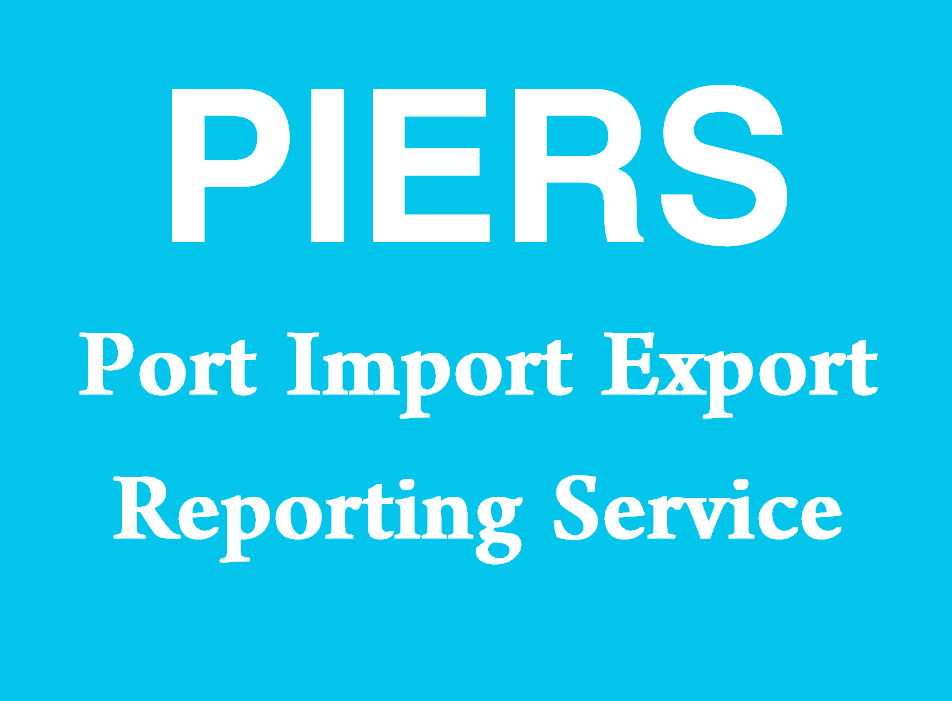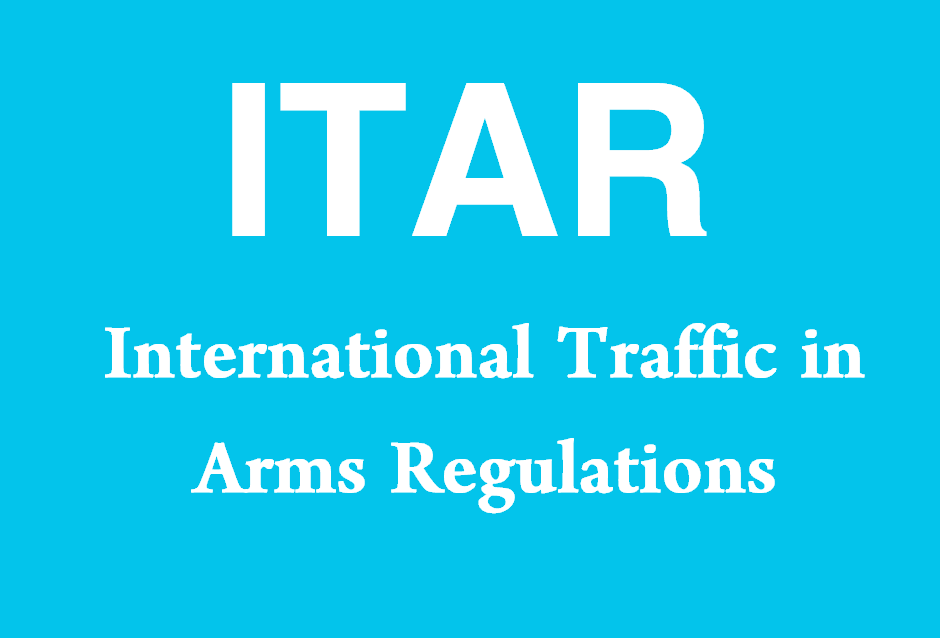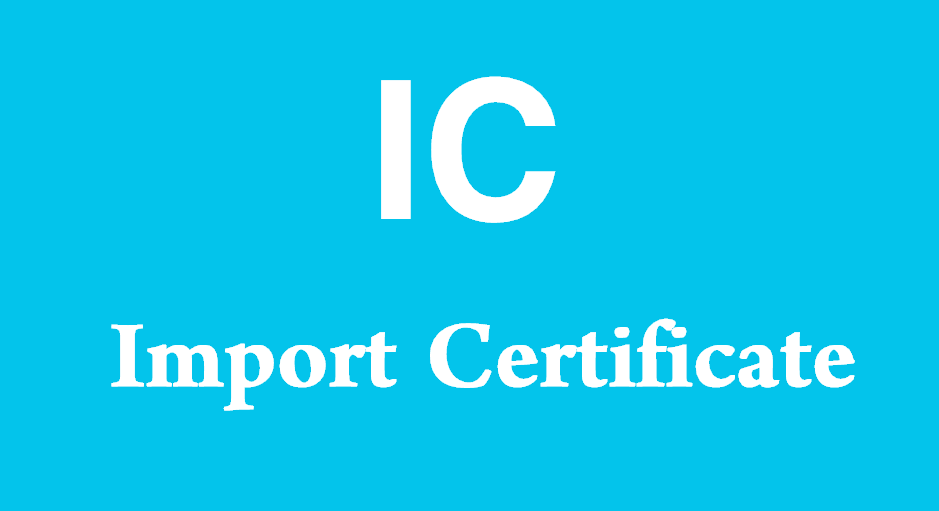When sourcing products from China, understanding the country’s export and import regulations is crucial for ensuring a smooth and compliant supply chain. China, as one of the world’s largest manufacturing hubs, has a complex framework of regulations that govern the export and import of goods. These regulations are designed to control the quality, safety, and legality of goods moving across its borders, and non-compliance can lead to costly penalties, shipment delays, and reputational damage.
This guide provides a comprehensive overview of China’s export and import regulations, the key elements that suppliers and buyers need to be aware of, and practical strategies to ensure compliance while sourcing from China.

Key Export Regulations in China
Export Licensing Requirements
Types of Export Licenses
China requires exporters to obtain appropriate licenses to ship goods out of the country. There are several types of export licenses, including general export licenses and specific licenses for restricted goods. The type of license required depends on the product being exported, its destination, and any applicable trade agreements or embargoes.
General export licenses are required for most commercial goods, whereas specific licenses are needed for items deemed sensitive, such as chemicals, pharmaceuticals, or technology with dual uses. Businesses must ensure they understand which licenses are required for their products to avoid any delays at customs.
How to Apply for Export Licenses
Export licenses are typically obtained through the Chinese Ministry of Commerce (MOFCOM) or other relevant government authorities. The application process involves submitting details about the product, its destination, the intended use, and the value of the shipment. Working with an experienced export agent can help expedite the licensing process and ensure that all necessary documentation is completed accurately.
Customs Declarations and Documentation
Export Declaration Process
China’s customs authorities require exporters to submit an export declaration for each shipment. This process involves providing detailed information about the goods being exported, including their value, quantity, and HS (Harmonized System) code. Accurate information is critical, as discrepancies can lead to delays or fines.
Exporters are also required to submit invoices, packing lists, and any applicable certificates of origin. These documents must be in accordance with Chinese customs regulations and the requirements of the importing country.
Role of the China International Trade Single Window
The China International Trade Single Window is an online platform designed to simplify the export declaration process. It allows exporters to submit documents, apply for licenses, and make customs declarations electronically. Using the Single Window helps streamline the export process and minimizes the chances of errors or delays in the documentation process.
Export Control Regulations
Restricted and Prohibited Items
China has strict regulations regarding the export of certain items that are deemed strategic, hazardous, or sensitive. These include dual-use goods (items that can have both civilian and military applications), cultural artifacts, rare natural resources, and high-tech equipment. Exporters need to be aware of these restrictions and ensure that they have the appropriate permissions to export such goods.
Failure to comply with export control regulations can result in significant penalties, including fines, revocation of export privileges, and, in severe cases, criminal charges. It is important for businesses to conduct due diligence to determine if their products are subject to any export controls.
Compliance with International Sanctions
China is a member of the United Nations and complies with international sanctions. Exporters must ensure that they are not shipping goods to countries or entities that are subject to international sanctions. Screening the end-users of the goods and ensuring compliance with relevant sanctions regulations is an important part of the export process.
Key Import Regulations in China
Import Licensing and Permits
Types of Import Licenses
Like exports, imports into China are also subject to licensing requirements. There are general import licenses for most goods, as well as specific licenses for restricted items, such as chemicals, pharmaceuticals, or agricultural products. The type of license required depends on the nature of the goods being imported and their intended use.
It is essential for importers to determine if their products require an import license and to apply for the appropriate documentation before attempting to bring goods into China. Import licenses are usually issued by MOFCOM or other relevant Chinese government agencies.
Applying for Import Permits
Import permits are necessary for certain categories of goods, including medical devices, food products, and hazardous materials. The permit application process involves submitting information about the product, its intended use, and any associated health or safety certifications.
Working with a licensed import agent or customs broker can help ensure that all required permits are obtained and that the import process proceeds without any issues. Delays in securing permits can lead to significant shipment delays and increased costs.
Tariffs, Duties, and Taxes
Customs Duties
Customs duties are taxes imposed on imported goods, and the rate of duty varies depending on the product’s HS code, its country of origin, and any applicable trade agreements. Accurately classifying goods using the appropriate HS code is essential for determining the correct duty rate.
China has entered into numerous free trade agreements that can reduce or eliminate customs duties for certain goods. Importers should explore whether their products qualify for preferential tariff rates under these agreements to minimize costs.
Value Added Tax (VAT) and Consumption Tax
In addition to customs duties, imported goods are subject to Value Added Tax (VAT) and, in some cases, consumption tax. VAT is typically calculated as a percentage of the cost, insurance, and freight (CIF) value of the goods, plus any applicable duties. Consumption tax may be imposed on specific goods, such as tobacco, alcohol, and luxury items.
Understanding the applicable taxes and ensuring they are calculated accurately is important for budgeting and pricing imported goods. Customs brokers can assist in determining the correct tax liabilities and ensuring compliance with Chinese tax regulations.
Product Compliance and Standards
Quality and Safety Standards
China requires imported goods to comply with national quality and safety standards, known as GB (Guobiao) standards. These standards cover a wide range of products, including electronics, food, textiles, and machinery. Importers must ensure that their products meet all applicable GB standards before entering the Chinese market.
To verify compliance, products may need to undergo testing and certification through accredited Chinese testing laboratories. Non-compliance can result in the goods being rejected or confiscated by Chinese customs authorities.
CCC Certification
The China Compulsory Certification (CCC) is required for certain categories of goods, including electrical products, automotive parts, and construction materials. The CCC mark is similar to the CE mark in the European Union and indicates that the product meets Chinese safety and quality standards.
Importers must work with their suppliers to obtain the necessary CCC certification before shipping goods to China. Products without the required certification may be detained or rejected by customs.
Key Documentation for Compliance
Commercial Invoice and Packing List
Information Required on a Commercial Invoice
A commercial invoice is one of the most important documents for both export and import compliance. It must include detailed information about the goods being shipped, including their description, value, quantity, and HS code. The commercial invoice serves as the basis for customs valuation, duties, and taxes.
Ensuring that the commercial invoice is accurate and complete helps facilitate the customs clearance process and avoids delays or penalties.
Importance of a Packing List
A packing list provides detailed information about how the goods are packed, including the dimensions, weight, and packaging type of each item. This document is used by customs authorities to verify the contents of a shipment and to ensure that all goods are accounted for.
Having an accurate packing list is essential for avoiding discrepancies during customs inspections. It is also useful for logistics providers to properly handle and transport the goods.
Certificate of Origin
Purpose of a Certificate of Origin
A Certificate of Origin (CO) is used to verify the country of origin of the goods. This document is important for determining the applicable duties and for qualifying for preferential tariff rates under trade agreements. It is typically issued by a government authority or a recognized chamber of commerce.
Importers and exporters should ensure that the Certificate of Origin is completed accurately and submitted with the other customs documentation to facilitate the import/export process.
Types of Certificates of Origin
There are different types of Certificates of Origin, depending on the destination country and applicable trade agreements. For example, a Form A Certificate of Origin may be used for goods qualifying for preferential treatment under the Generalized System of Preferences (GSP).
It is important to understand which type of Certificate of Origin is required for each specific shipment and to ensure that it is obtained before the goods are shipped.
Bill of Lading and Airway Bill
Bill of Lading (BOL)
A Bill of Lading is a document issued by the carrier that serves as proof of shipment and details the terms of transport. It includes information about the consignee, the shipper, and the goods being transported. The BOL also acts as a receipt for the cargo and a document of title, allowing the holder to claim ownership of the goods.
Ensuring that the BOL is accurate and matches the other shipping documents is crucial for avoiding customs issues and for smooth logistics handling.
Airway Bill (AWB)
An Airway Bill is used for air freight shipments and serves a similar purpose as a Bill of Lading. It provides details about the shipment and the conditions of carriage. The AWB must be completed accurately and must match the commercial invoice, packing list, and other shipping documents to avoid discrepancies during customs clearance.
Ensuring Compliance with Chinese Export and Import Regulations
Conducting Supplier Due Diligence
Verifying Supplier Legitimacy and Compliance
Ensuring compliance with Chinese export and import regulations starts with choosing the right supplier. Conducting due diligence on suppliers helps verify that they are compliant with Chinese laws and regulations. Using online tools, such as the National Enterprise Credit Information Publicity System (NECIPS), can help verify a supplier’s legitimacy, business scope, and compliance history.
Working with compliant suppliers minimizes the risk of delays and issues during the export process, ensuring that all goods meet Chinese regulations before they are shipped.
Working with Accredited Suppliers
Accredited suppliers are more likely to understand and comply with export regulations, as they have experience in international trade. Choosing suppliers with the necessary certifications and export experience can reduce compliance risks and ensure that products meet all required standards.
Working with Customs Brokers and Trade Specialists
Role of Customs Brokers
Customs brokers are experts in navigating the complexities of international trade regulations. They assist importers and exporters in preparing documentation, calculating duties, and ensuring compliance with customs requirements. Engaging a licensed customs broker is particularly beneficial when dealing with Chinese exports and imports, as the regulatory landscape can be challenging to navigate.
Customs brokers can help avoid costly mistakes by ensuring that all necessary documents are completed correctly and submitted on time, reducing the likelihood of shipment delays or penalties.
Consulting with Trade Compliance Experts
Trade compliance experts provide valuable guidance on navigating both Chinese and international regulations. Consulting with these experts can help businesses understand the specific requirements for exporting or importing goods and ensure compliance throughout the supply chain.
Trade compliance experts can also assist in developing internal compliance programs and training employees to understand their role in adhering to international trade laws.
Leveraging Technology for Compliance Management
Using Compliance Management Software
Compliance management software can streamline the process of managing export and import regulations. These tools can help automate the completion of customs documentation, track shipments, and store records of compliance activities. By using technology to manage compliance, businesses can reduce manual errors and ensure that all necessary documentation is available in one place.
Online Platforms for Documentation Submission
China’s International Trade Single Window allows exporters and importers to submit documentation electronically, reducing the paperwork burden and minimizing the chances of errors. Leveraging such platforms helps streamline the customs process and ensures that all documentation is submitted correctly and on time.





